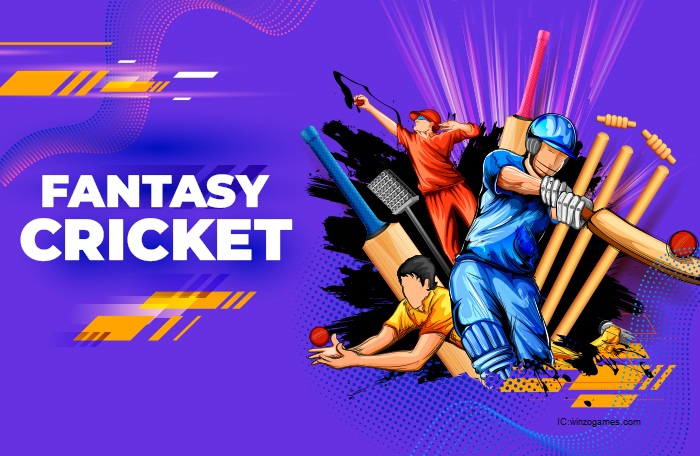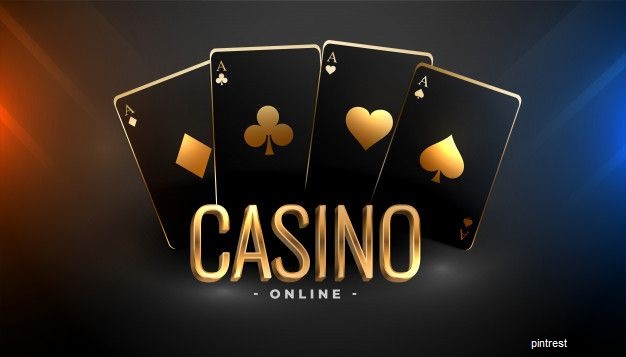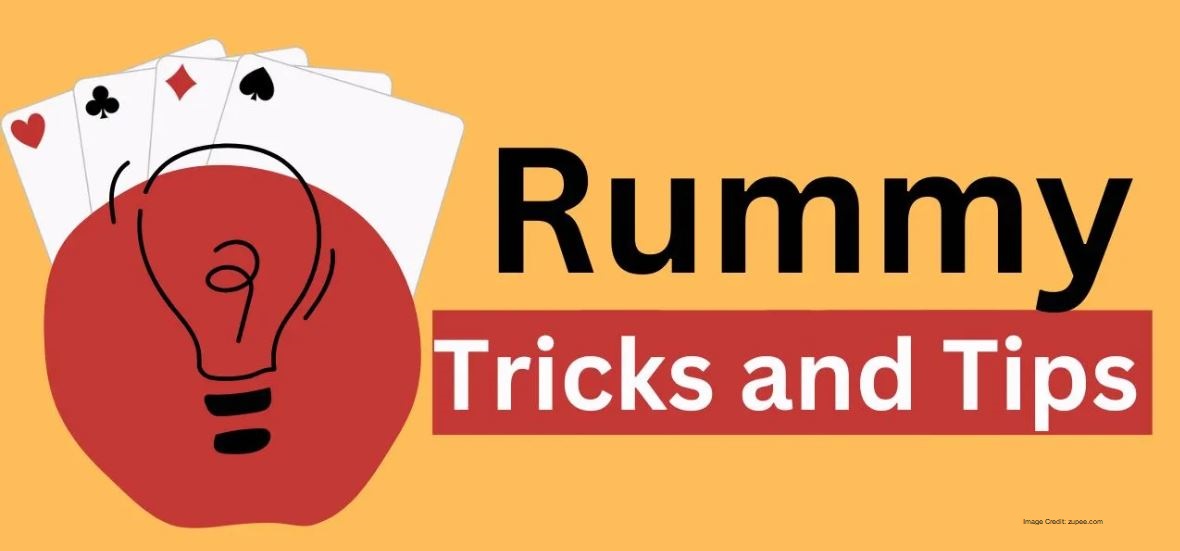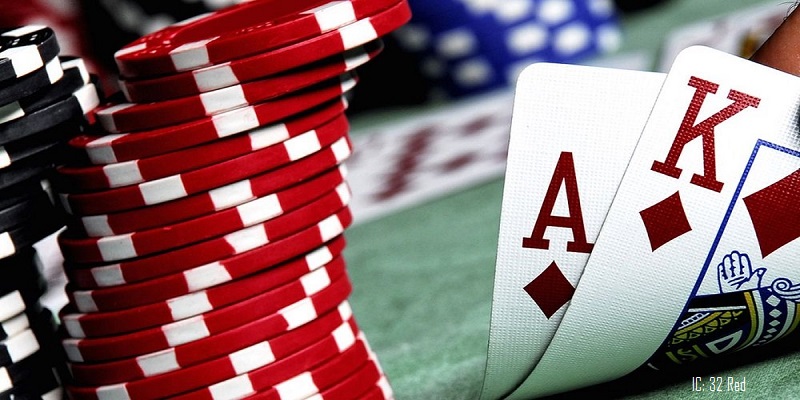
We Indians have long been playing various indoor games and also indulge in gambling. Culturally and sentimentally, gambling in Indian society is often seen as a vice and labeled as an unethical or immoral act - and rightly so, as studies around the world show that gambling, especially when it is practiced repeatedly and/or desperately, can. lead to many individual behaviors as well as social problems of addiction, financial loss/debt, relationship problems and health problems such as gambling disorder.
On the other hand, play has largely proven to be a positive and enabling skill that is not only fun, but also stimulates creativity and fosters social bonding.
The digital journey
In recent years, gambling and gaming seem to be increasingly going the "online" or "digital" route, and they also go hand in hand in many ways. However, there is one major problem associated with the growing "spillover effects" in the gaming and gambling area - viz. people are unable to differentiate online skill-based gaming from gambling.
And so they began to confuse the two terms - gambling and gambling - which is quite problematic! It is sad to note that even many experts are now saying that even all kinds of real money games should be completely banned, simply because they have some similarities with online gambling. !
Separating the wheat from the chaff
In my opinion real money gambling is skill based gambling like saying apples and oranges are the same! That does not make sense. But why did I say that? First and foremost, in game skills, the most important thing any player wants is skill, strategy and deep knowledge of the particular game they are playing - at the end of the day, to win or do their best, skills and competence. are clearly the most important.
However, in any form of online gambling, the most important factor in winning money is luck or chance (calculating the odds) – meaning that even if you are skilled, you are not guaranteed to succeed at gambling. Second, the motivation of players, whether amateur or professional, is to play a game or participate in a gaming tournament for fun, relaxation, and/or a social element, rather than just to make money. The gaming ecosystem thrives on great love, engagement and enthusiasm.
Get rich quick
On the other hand, people usually go to gambling websites or apps just to satisfy their desire (or greed) to get rich quickly and get more and more money, and in addition (in most cases) they also need it. ) to deposit a certain amount before you can start playing.
In India, monetary stakes (bets) are commonly placed in online card games such as Rummy, Poker, Teen Patti and Fantasy games such as Fantasy Cricket and Fantasy Soccer - although this does not mean that playing or participating in these 'real money' - based games make a gambler!
We need to understand the difference between 'gambling' and 'skill' - because of the current scenario in India, where betting money on gambling is considered illegal in most states, but betting on skill is, in fact, legal in many places (or can at least be legally defended in court).
A "skill game" is a game where a player's success is determined by how effectively they play the game and how much they can use their skills. Whereas in most "games of chance", the game and even the winners are determined randomly, either by hand or by technology (perhaps using an algorithm or a specific program), and therefore the win and the prize depend on the luck of the player.
In 2019, in the case of Ravindra Singh Chaudhary v. Union of India, the Rajasthan High Court ruled that Fantasy Sports does not constitute gambling because its players require skills similar to those of an actual sports team manager.
In a recent ruling, the Tamil Nadu High Court struck down the state's ban on online card games like Rummy, Poker and others. This is a welcome development in relation to the distinction between "games of chance" and "games of skill" and will be long overdue. a way to promote a positive story in favor of gambling against gambling.
Conclusion
According to a report by EY-All India Gaming Federation, the online gaming sector in India is considered to be one of the fastest growing sectors, estimated to exceed $2 billion by 2023. future, especially to facilitate massive economic growth and sustain 'Aatmanirbhar Bharat' in the long run, it is time for India to formulate a clear, concrete and effective policy on this front to sustain the growth momentum of the gaming skill industry.
At the same time, it is also up to all concerned such as the media, players and gaming enthusiasts and gaming companies in our country to fight against the misconception of skill playing in any type of gambling. If there was a clear and government-sanctioned line between skill-based and chance-based games, it's likely that gaming wouldn't be as hot or angry as it is now because of the risks involved.




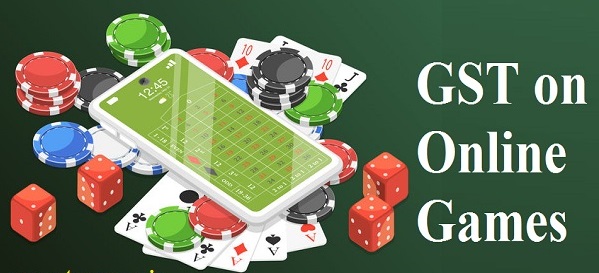



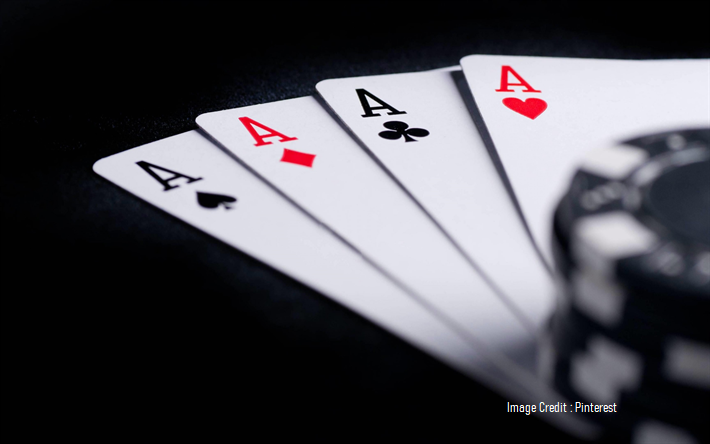



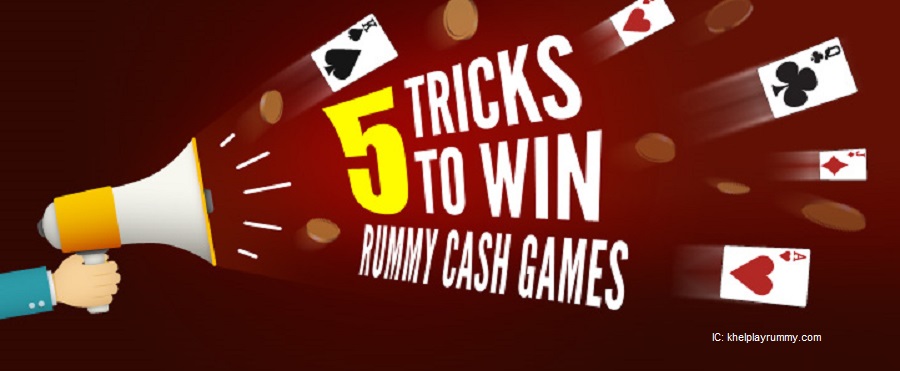





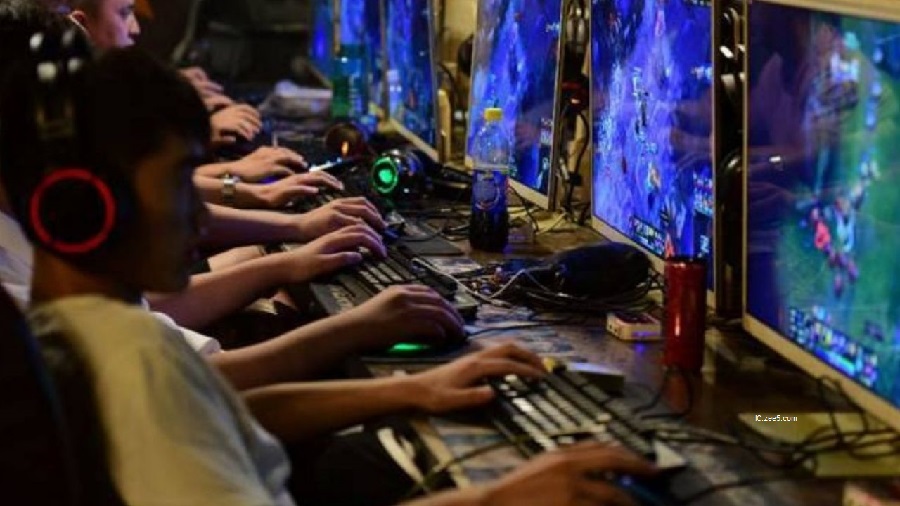
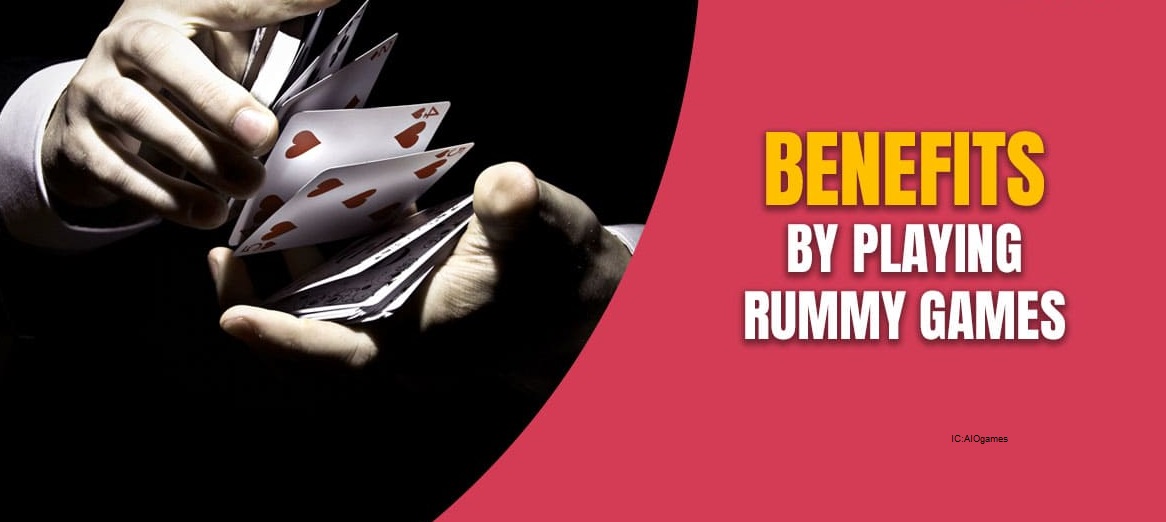
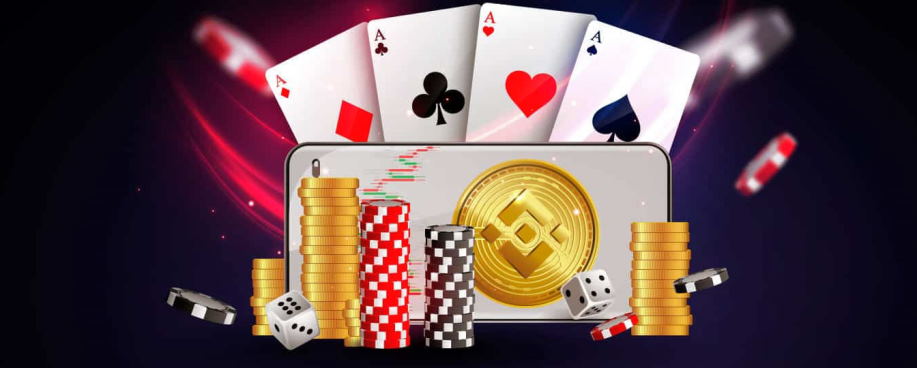
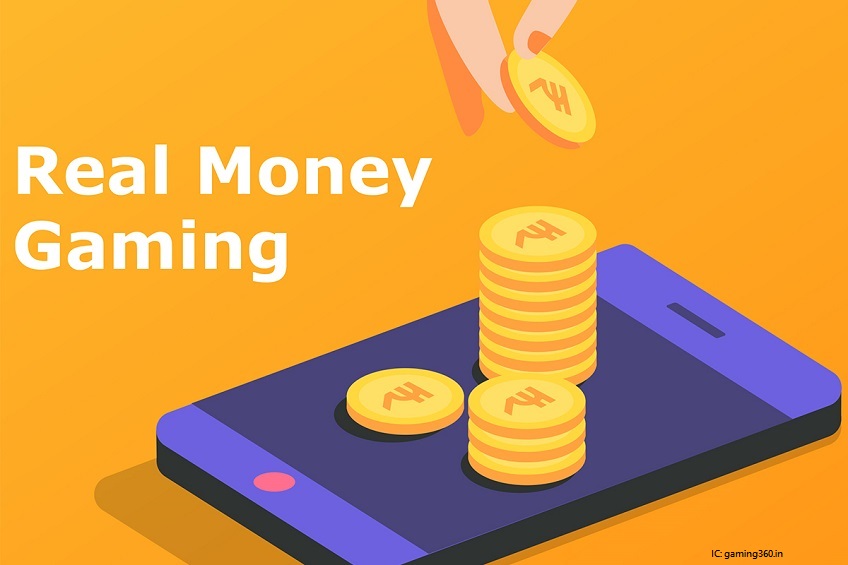
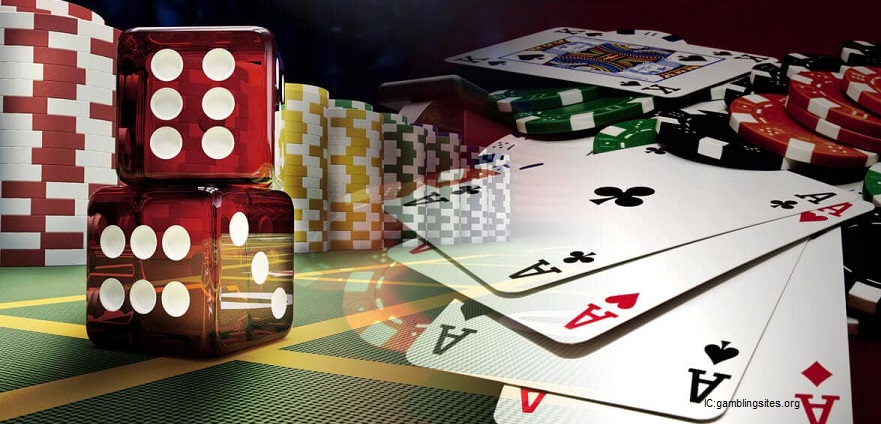





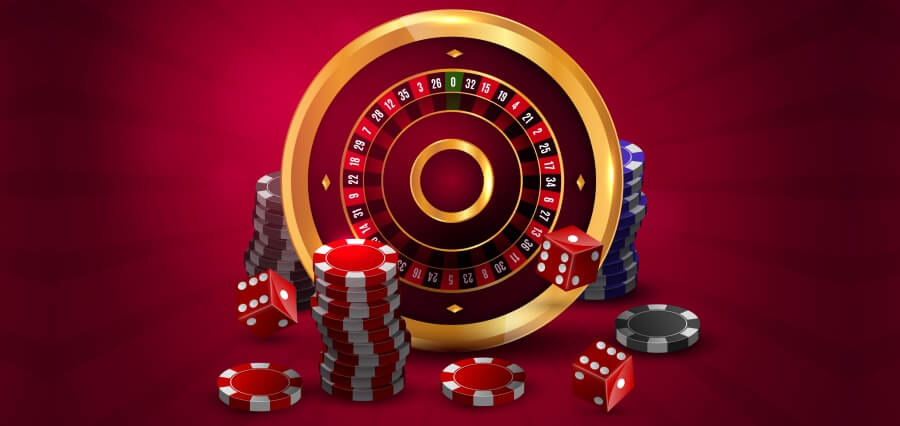
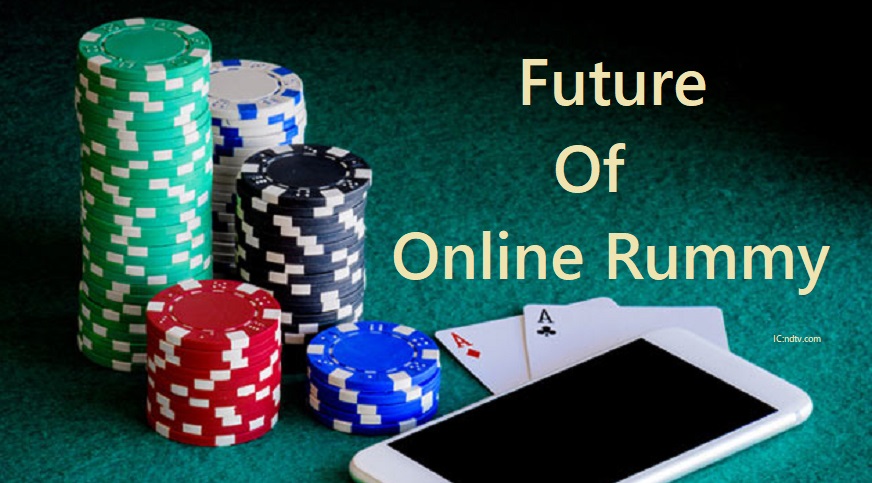
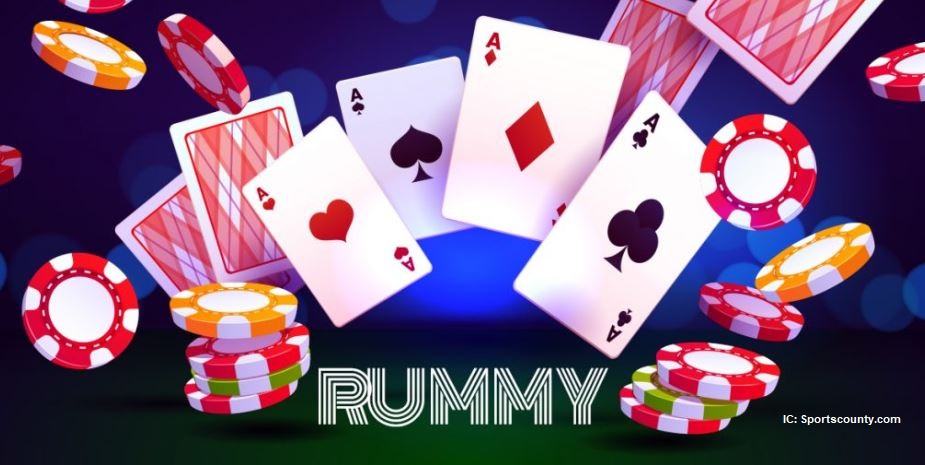


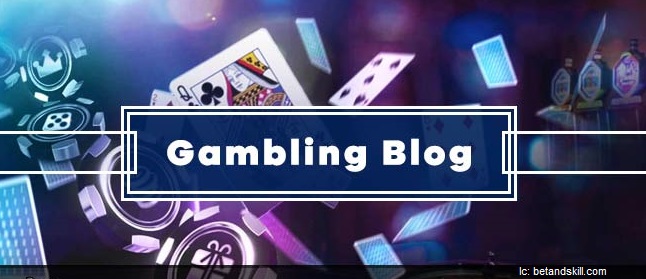
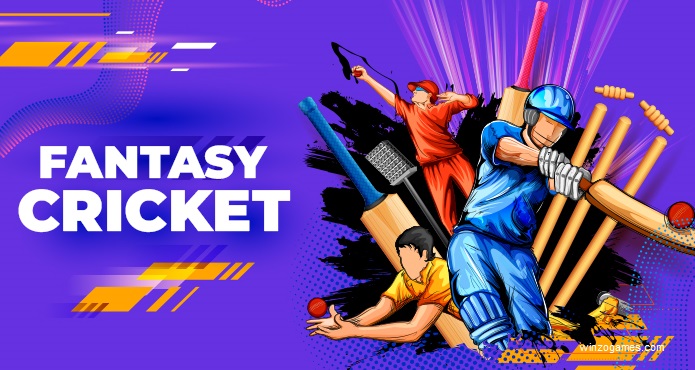



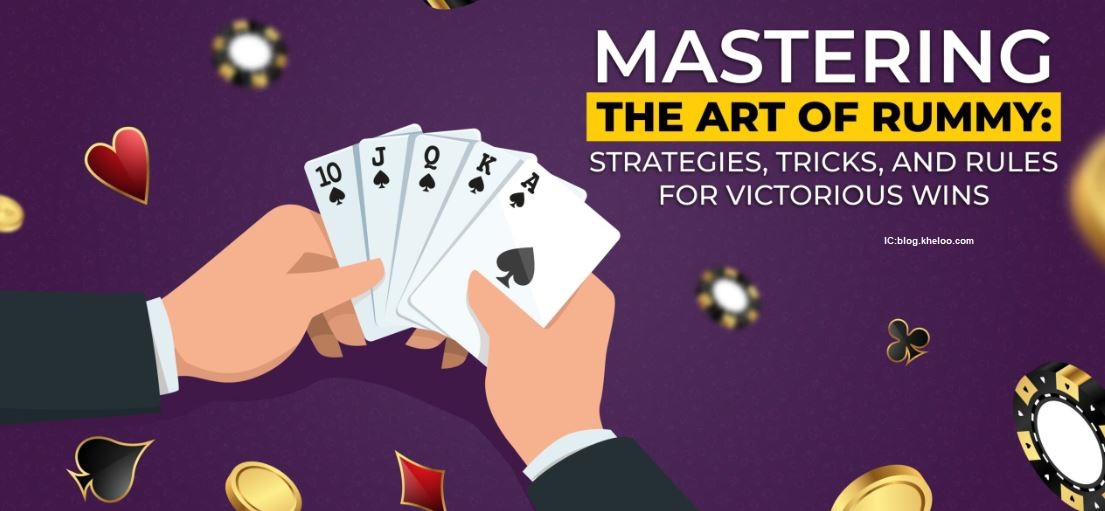

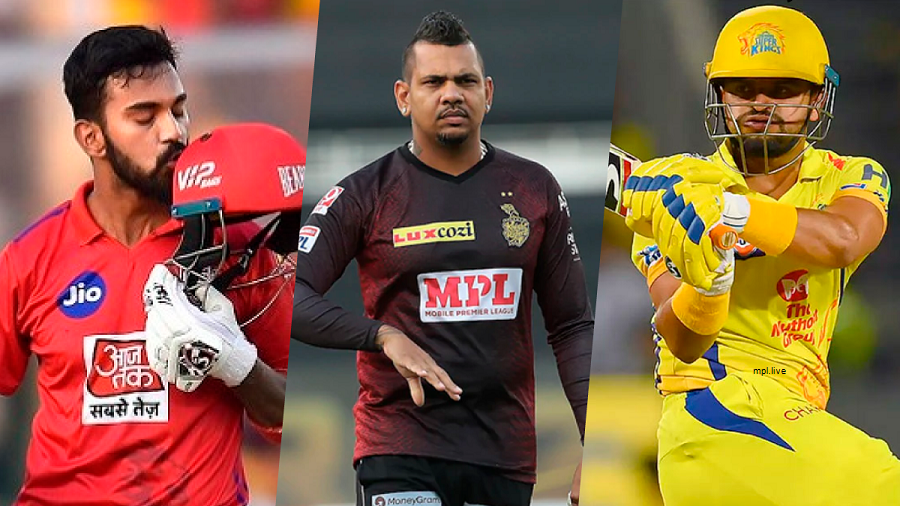



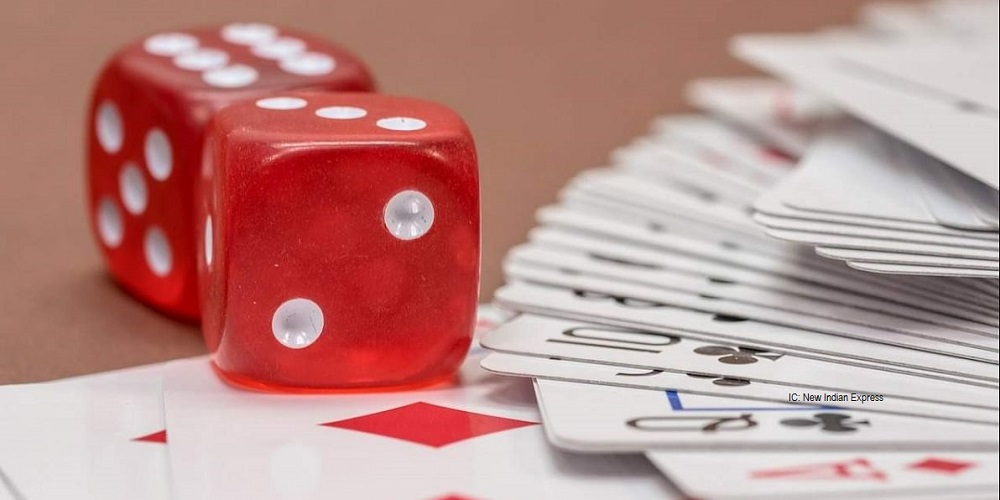
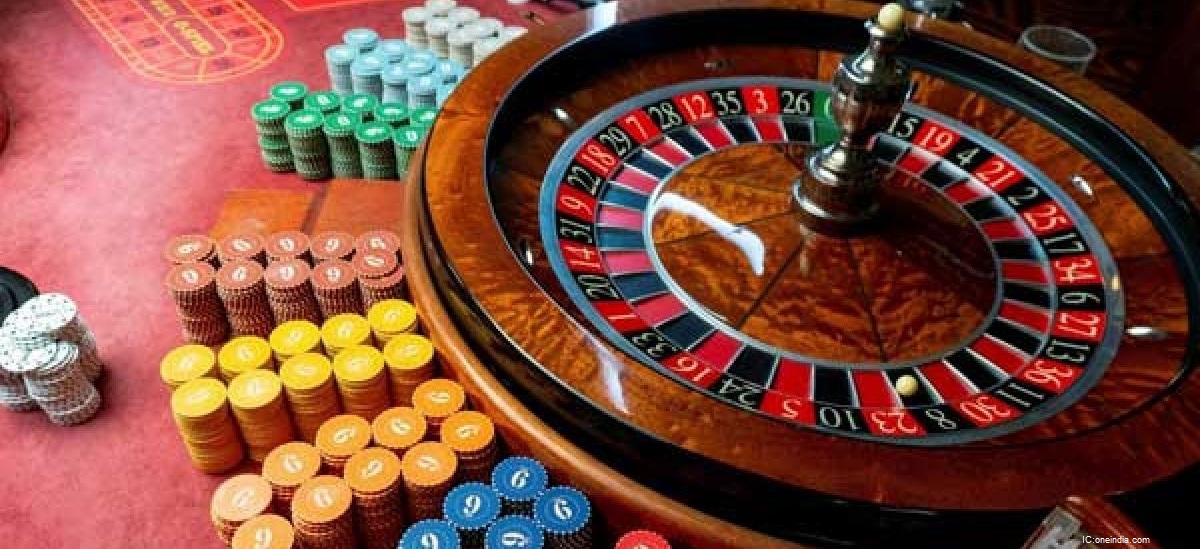









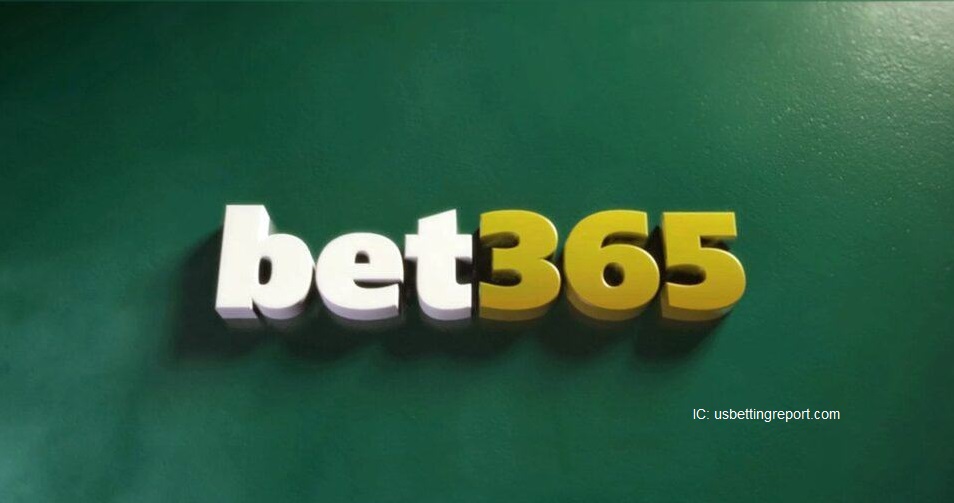





.jpg)
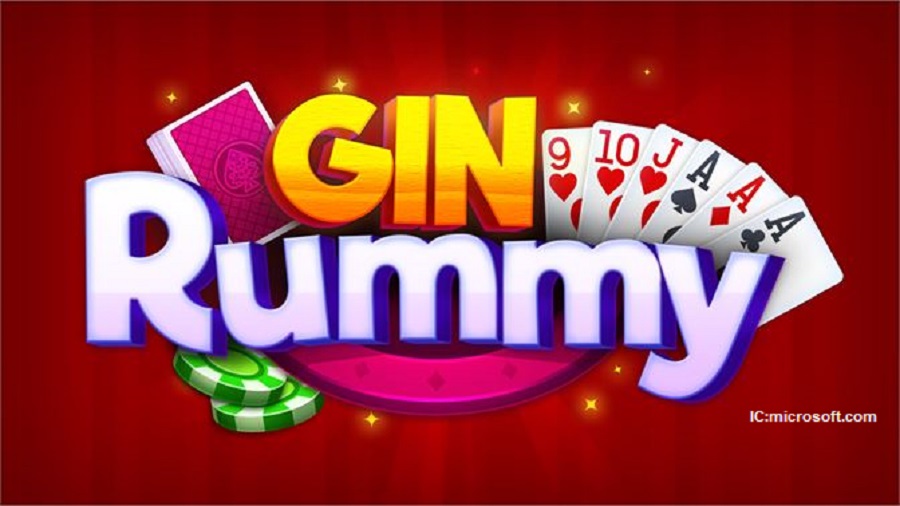


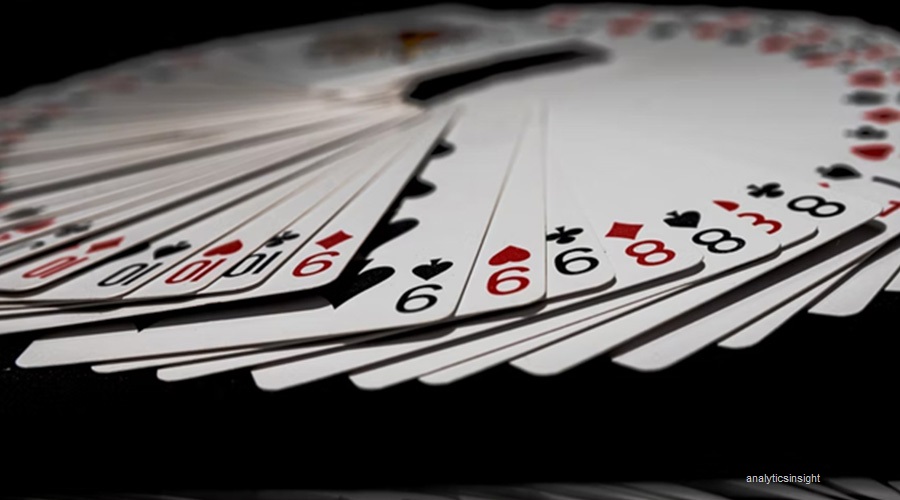

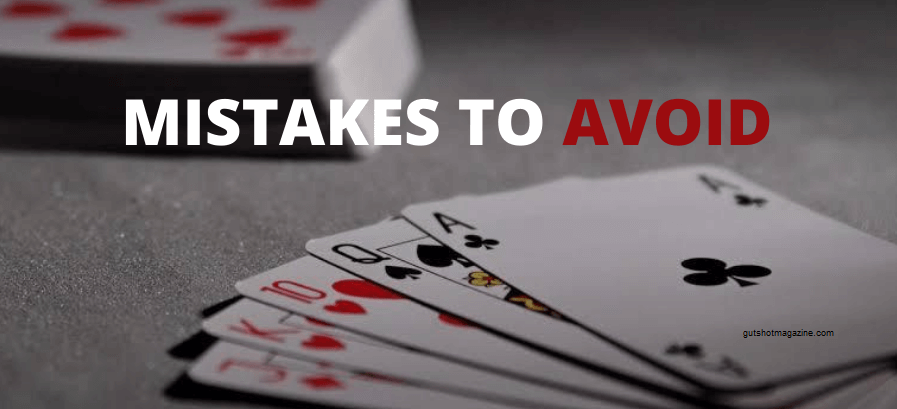
.jpg)

